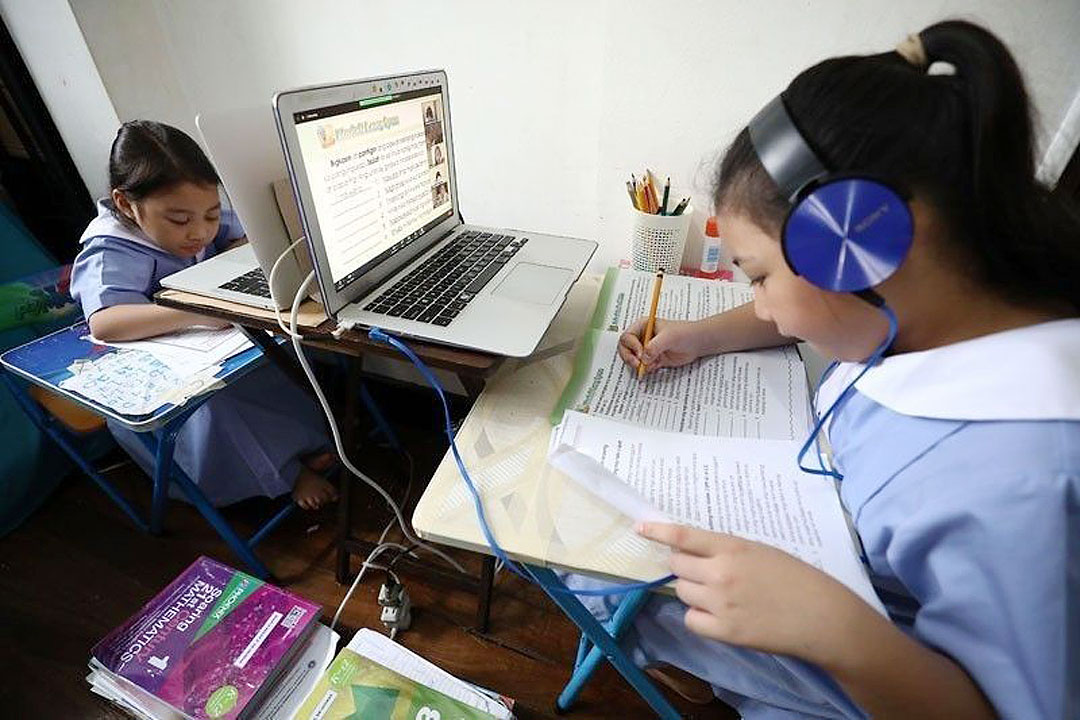
To close the gap in quality and equity in Philippine education, professors and academic authorities from the University of the Philippines (UP) said that “changes in modes of delivery and assessment must be geared toward measuring learning outcomes and developing lifelong learning pathways.”
“Certain skills are now needed that were not needed before,” said Cynthia B. Bautista, UP’s vice president for academic affairs, at a Feb. 3 webinar on higher education in the next normal. “We have to change the curriculum. It cannot be the same as before.”
Citing a 2021 study by McKinsey & Company on the skills needed in the future of work, she enumerated four curriculum aspects that will better serve students: cognitive, interpersonal, self-leadership, and digital.
Innovative, research-based classrooms may be more effective than any traditional setup with a professor lecturing the students, she said.
Patricia B. Arinto, dean of UP Visayas’ Tacloban college, said that in-person or synchronous classes shouldn’t be spent on lectures. Instead, a flipped model which involves students watching asynchronous or recorded lectures at home then going to school or online class for applied learning and activities is better.
“There’s consensus among education experts that flipped learning is the way to go,” she said. “We have to consider: informal learning takes place all the time. It’s gradeless.”
Micro-learning — shorter, bite-sized, more focused lessons — are even more doable for working students and those with fewer digital resources, added Dr. Arinto. Universities can also look into partnering with massive open online courses (MOOCs) like Coursera and FutureLearn to expand learning opportunities for students.
UP’s Dr. Bautista said that using learning outcomes as a metric was proposed in a paper by the Department of Education (DepEd) in 2012, but implementation has been inconsistent.
“All of us have struggled with it. In spirit, it’s something we have to work on,” she said.
For Dina S. Ocampo, professor at the UP College of Education, the key to improving quality and equity on the higher education level is first strengthening basic education.
“Continuity is an unbroken and consistent operation of a process,” she said. “We need to provide access to libraries and multimedia materials in communities and schools, and strengthen infrastructure for access to internet, technology, digital tools.”
The DepEd in December acknowledged that, in a world where blended education is becoming the norm, the Philippines has found it difficult to strengthen distance learning modalities. — Brontë H. Lacsamana



